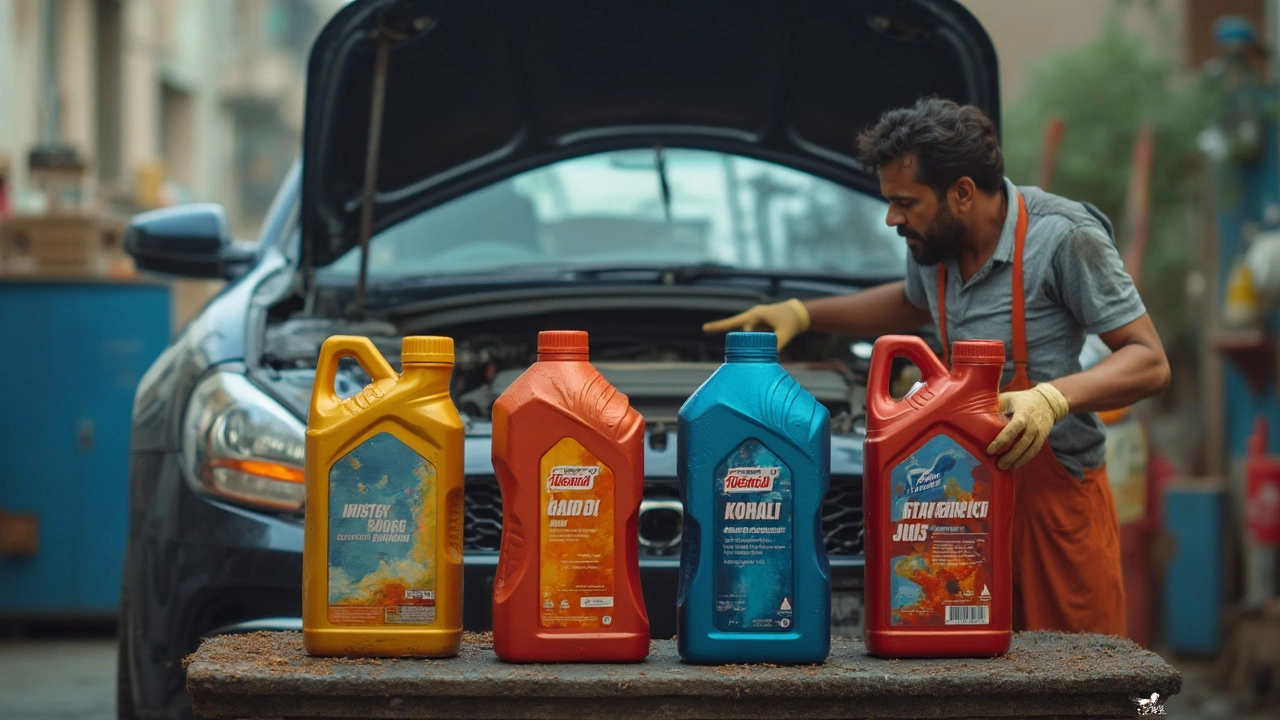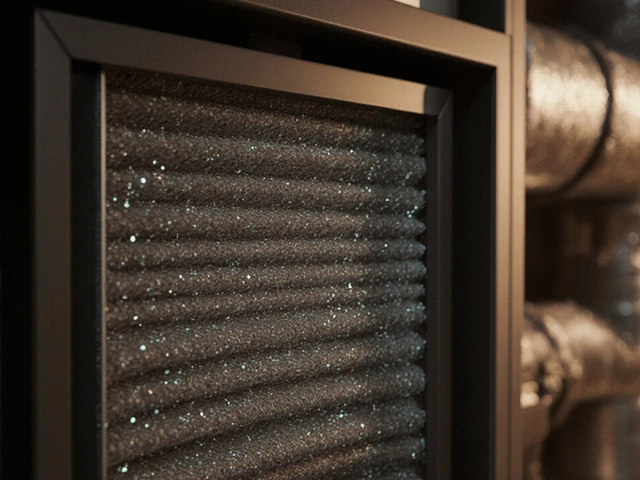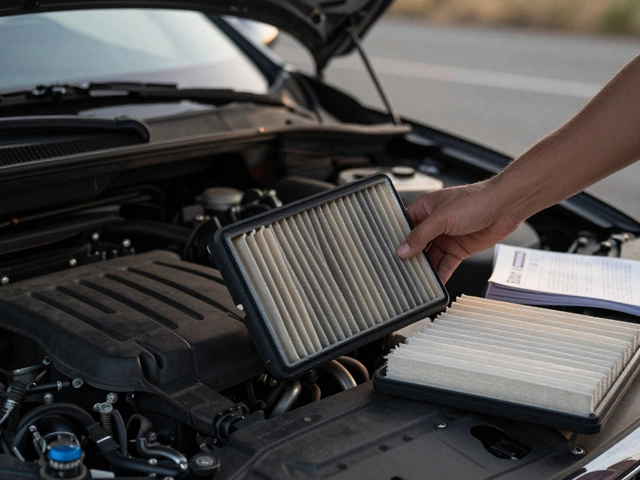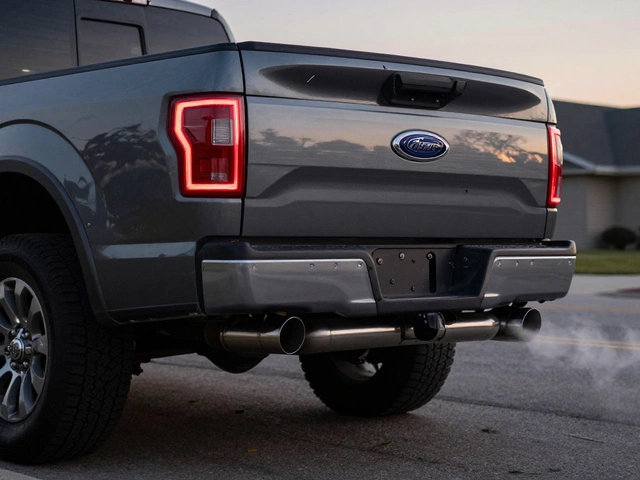
Regular Oil: What It Is, Why It Matters, and What Happens When You Skip It
When you hear regular oil, the standard motor oil used in most gasoline engines to reduce friction, cool parts, and remove contaminants. Also known as conventional oil, it's the baseline for engine protection—simple, affordable, and still the most common choice for everyday vehicles. It’s not fancy, but if you ignore it, your engine pays the price.
Regular oil doesn’t last forever. Over time, it picks up metal shavings, dirt, and combustion byproducts. That’s why dirty engine oil, oil that’s lost its ability to lubricate and clean due to contamination and breakdown is a silent killer. You might not notice until your engine starts running rough, making strange noises, or overheating. The signs? Dark, gritty oil on the dipstick, a burning smell under the hood, or warning lights that come on when you least expect them. A 2023 study by the Society of Automotive Engineers found that engines running on oil past its limit showed 37% more wear in critical components like piston rings and camshafts—wear that can’t be undone.
Changing your oil isn’t just about following a mileage schedule. It’s about managing oil contamination, the buildup of debris, moisture, and fuel dilution that degrades oil’s performance. If you drive short trips in cold weather, moisture builds up and mixes with oil. If you tow heavy loads or drive in dusty areas, more particles sneak in. Even if your car says "oil life 100%," the truth is, oil degrades faster than sensors can track. And when oil breaks down, it doesn’t just stop working—it starts damaging.
Skipping oil changes doesn’t save money. It just pushes the cost further down the road—into a new engine, a rebuilt head, or a tow truck bill. You wouldn’t let your shoes wear down to the sole and then wonder why your feet hurt. Same with oil. The right oil keeps your engine breathing, cooling, and moving smoothly. The wrong oil—or no oil change at all—turns your engine into a high-stakes gamble.
Below, you’ll find real stories from drivers who ignored the signs, mechanics who’ve seen the damage, and simple checks you can do yourself to know if your oil is still doing its job. No fluff. No jargon. Just what actually happens when regular oil stops being regular.
-
15 Jul

-
11 May

What Happens If You Put Regular Oil Instead of Synthetic? Real Risks for Your Engine
Putting regular oil instead of synthetic in your engine isn’t just a swap—it can actually change how your car runs. This article breaks down the real differences between regular and synthetic oil, and what could actually go wrong if you use the wrong one. Expect clear tips, facts, and what to watch for with your engine if you made the switch by mistake. Skip the myths and get the real deal you can use right now. Perfect for any driver who wants to keep their car running smooth and avoid headaches.





